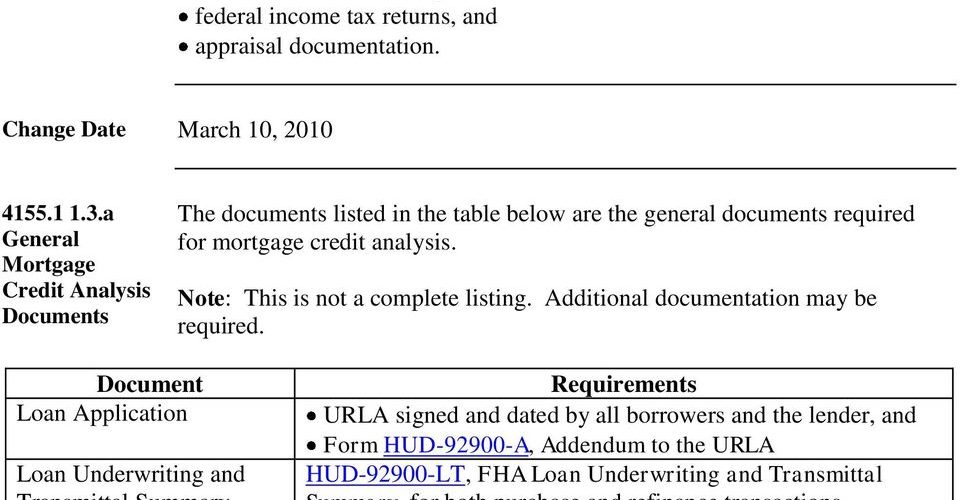April 1, 2012 will bring major changes for borrowers seeking FHA-insured mortgages. If you currently have credit disputes that are over $1,000, you will not qualify for these loans, according to the Federal Housing Administration, also known as FHA. This is a new rule that’s now be instated to ensure that borrowers pay off these outstanding debts before applying for an FHA-insured mortgage loan.
In the past, borrowers with open disputes were allowed to apply for these loans. The underwriter was given the discretion to determine whether these unpaid debts should have a negative impact on the loan being approved. But, as of April 1st, the balance of the collection debts must be paid off or an approved payment arrangement must be documented. If a payment arrangement agreement exists between the borrower and the creditor, proof must be submitted to the FHA-approved lender before escrow will be allowed to close. The new payment arrangement will count towards the borrower’s debt-to-income ratio, with may also affect approval of the loan.
New Impacts on FHA-insured Loans
Many real estate experts expect this to have a negative impact on the mortgage business. 1/3 to 1/2 of FHA originated loans may be impacted in 2012 due to this new rule. This is because a large amount of borrowers have some open collection accounts. This includes borrowers in the 650 to 680 FICO score range. Even those with scores as high as 750 may have medical bills or college loans that are still outstanding and have been sent to collections.
People are finding this unfair because it hasn’t always been the norm to consider medical bills and college loans as “bad debts.” In the past, medical bills could be forgiven due to disputes arising from medical insurance issues. While college loans tend to go in and out of collections as graduates make payment arrangements based on their ability to find quality employment in their fields of study.
There are a couple of good exceptions to the new rule:
- Disputed debts that are over two years old are excluded from the new rule.
- Disputes arising from documented thefts and identity thefts are also excluded. This documentation must be provided to the lender and must include identity theft reports and filed police reports for fraudulent charges.
Some builders are reporting an expected 60 to 80 percent decline in FHA-insured mortgage approvals due to this new rule. This will have a severe impact on communities looking to these loans to help restore communities hard hit by the foreclosure crisis.
FHA Reasons for New Rule
According to a spokesperson for FHA, this new reason was added to help protect FHA’s emergency funds. The levels of these funds decreased about 1/5 of a percent last year, which is way below what Congress has mandated at two percent. Because of this, FHA is also increasing insurance premiums for borrowers starting on April 1st. This is in hopes of boosting the fund by one billion dollars.
An evaluation of FHA loans showed that most borrowers who were delinquent on their FHA-insured mortgage payments, also had unpaid credit collections prior to getting their loans. FHA is hoping that the new rule will help to minimize their risks of these federal insured mortgage loans. Real estate experts are expecting this new rule, along with the increase in FHA insurance premiums, to send new borrowers swarming to Fannie Mae and Freddie Mac for mortgage loan assistance.
Related Posts
- The Flaws in Obama’s Housing Crisis Plan
- How Much Can I Afford To Spend On A House?
- How To Finance a Home Addition?
- FHA Cancels New Credit Disputes Rule



